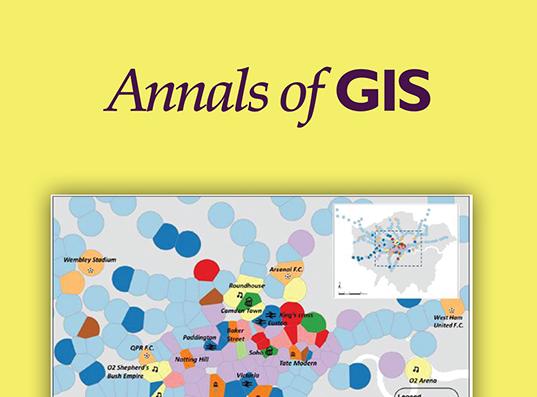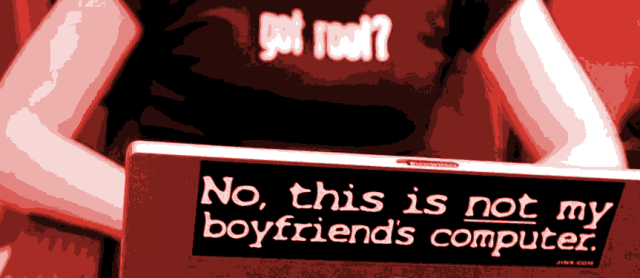King’s Geocomputation members Yijing Li and Chen Zhong – along with colleague Qunshan Zhao – are guest editing a special issue of the journal, Annals of GIS. The call for papers on research in GIS and urban data science is now open. Read on for more details.










